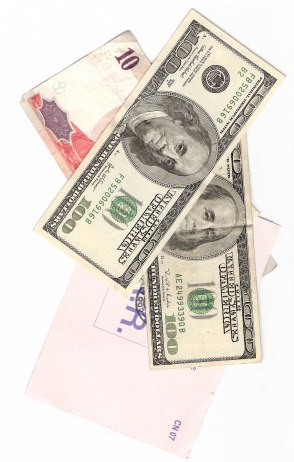  The farmers of the loyal states were among the unfortunate producers whose products rose in price less than the majority of other articles, and from this standpoint they were losers rather than gainers by the paper currency. Of course, it is possible that the farmer's loss from this inequality of price fluctuations might be more than offset by his gains at the expense of labourers, landlord, and lending capitalist. But there is good reason for believing that the increase of the entrepreneur's profits in the latter fashion was less in farming than in any other important industry. This conclusion seems to follow from the proposition that, other things being equal, profits varied directly as the complexity of business organization. The American farmers of the Civil War were in a large proportion of cases their own landlords, capitalists, and laborers. So far as this was true, they had few important pecuniary contracts with other persons of which they could take advantage by paying in depreciated dollars. Of those farmers who hired labor very many paid wages partly in board and lodging -- an arrangement which threw a considerable part of the increased cost of living upon them instead of upon their employees. Finally, the renting farmer probably gained less on the average from the contract with his landlord than tenants of any other class, because in a majority of cases the rent was not a sum of money, but a share of the produce. While, then, the general effect of the paper standard was in the direction of increasing profits, it seems very doubtful whether farmers as a whole did not lose more than they gained because of the price disturbances.
|